WAVE COTONOU MEETING
The Cotonou Meeting or WAVE’s plea for regional preparedness plan to fight cassava viral diseases
From 7-9 June 2018, The West African Virus Epidemiology (WAVE) Program, along with the Government of Benin organized a high level ministerial meeting for joint action by 12 African countries to respond to impeding spread of cassava viral diseases.
The main objective of the meeting was to raise awareness and galvanize support from key stakeholders for the management and control of cassava viral disease threats, particularly cassava brown streak disease (CBSD), which is currently spreading from East Africa to West.
Bringing together nearly 300 participants from 16 countries, the meeting included government Ministers (from Benin, Gabon and Burkina Faso), traditional leaders (from Benin, Burkina Faso, Côte d’Ivoire, Democratic Republic of Congo, Ghana, Nigeria, Togo), leaders of NARS and university programs, regional institutions’ representatives.

DAY 1: Official Ceremony and Panel discussions
Learning from the Ebola crisis management in West Africa and the cocoa swollen shoot in Côte d’Ivoire
Madjiguene Sock, Global Operations Partner at Dalberg and consultant to BMGF’s Emergency Response Program made a presentation on the emergency response to the Ebola crisis in West Africa in 2014 and the lessons learned from other emergency response plans including:
- The key success factors for an effective crisis management system
- The core areas of responsibilities and organizational structures for Emergency Operations Centers (EOC)
- EOC organizational structures relying on a triptych foundation of human, material and financial resources

Madjiguene’s talk was followed by a presentation from Gneneyeri Silue (Director of Plant Protection, Ministry of Agriculture of Côte d’Ivoire) on the response to a sudden resurgence of cocoa swollen-shoot virus in Côte d’Ivoire in 2003, causing production losses of more than 65%. Key lessons from this presentation included:
- The need for detailed knowledge on the disease through incidence and prevalence maps
- The need for strong communication to raise awareness on the disease among all stakeholders
- The need for training for extension officers
- The need for sustained research to anticipate disease threats before they arrive and to develop resistant varieties

WAVE’s plea for a joint preparedness plan
Following the parallel drawn from the Ebola crisis and the cocoa swollen shoot viral outbreak, Dr Justin Pita, WAVE’s Executive Director, delivered a compelling speech in which he explained the scale of the threat posed by CBSD for Central and West Africa, which is alarmingly progressing from Central to Western Africa. He called on governments to support the WAVE program by enabling an effective response to cassava viral diseases through surveillance platforms, early warning systems, seed certification systems, a regional emergency response plan and sustainable funding.

Engaging with traditional leaders to spread the word
The Cotonou meeting was marked by the attendance of traditional leaders. kings from Côte d’Ivoire, Nigeria, Benin, Burkina Faso, Togo, DRC and Ghana all rallied to the event to support WAVE’s fight against cassava viral diseases. ‘Representing the interface between the rural population and the government’ as Côte d’Ivoire’s King of Grand Bassam rightfully stated, all traditional rulers called for governments to increase efforts made towards disease-free cassava and therefore, food security.

Moving faster than the lava to survive
Rob Horsch, BMGF’s Deputy Director for Agricultural Research and Development delivered a speech in which he highlighted the Foundation’s core values: that every life has equal value, and every life is worth working to save. He compared the need for preparedness and response strategies to an erupting volcano saying that if you can move faster than the lava, you will survive; if you can’t, you won’t.

DFID’s call for government intervention
Representing DFID, Áine McGowan acknowledged WAVE’s accomplishment in creating a successful model of locally-led program. Following the traditional leaders’ steps, she called on governments to take ownership of the fight against cassava viral diseases by developing emergency response plans.

Benin’s Minister of Agriculture Welcome address and the Minister of Higher Education and Scientific research opening adress
After thanking the President of Benin, the Ministers in attendance and BMGF, Benin’s Minister of Agriculture and host of the meeting, Gaston Dossouhoui, recalled cassava’s importance for Africans’ daily food intake. He went on to say that given the threat posed by the viruses affecting its production, it has become absolutely imperative to take joint action to inform and sensitize all stakeholders and to combat the diseases.
Expressing her will to see governments work hand in hand with scientists and other partners to fight cassava viral diseases, Benin’s Minister of Higher education and Scientific Research declared the Cotonou meeting officially open.


Panel Discussions
After the official ceremony, the meeting started with 4 panel discussions with WAVE donors and financial partners, the traditional leaders, the institutions and universities hosting the program and the Ministers.

WAVE’s host institutions discussing the program’s impact and ways to
improve the collaboration
The “Cotonou Declaration”
The high point of the official ceremony was the reading of the Cotonou declaration by the Ministers in attendance. The declaration acknowledges cassava’s crucial role in food security for Africa and the need for government institutional and financial support to protect this staple crop. Benin’s Minister of Agriculture will send the declaration to all other WAVE country Ministers of Agriculture and of Scientific research and High Education for their signature, after which the Cotonou Declaration will be published by 12 West and Central African Countries.
DAY 2-3: Technical advisory meetings
The technical sessions were preceded by partners’ presentations:
Madjiguene Sock (Dalberg):
Building on the presentation she made at the opening ceremony, Madji focused on the practical aspects of establishing an emergency response system such as the importance of community leaders in communications during a crisis and the need to identify just ONE person at central government level who has the authority to communicate messages about the crisis.
Learning from East Africa’s experience
Dr Joseph Ndunguru and Dr Titus Alicai presented Tanzania and Uganda’s experience, respectively, in dealing with CBSD, drawing out key lessons to build on.
Modelling CBSD
Rich Stutt from the University of Cambridge showed a simulation of CBSD spread in West Africa, making participants virtually “see” the danger ahead.
Building a plan to respond to CBSD
The rest of the meeting was dedicated to planning the next steps towards a response plan.
Participants, included traditional leaders, WAVE country team leaders and institutional representatives, country officials all took part in a highy interactive session, organized by countries and developing an action plan.
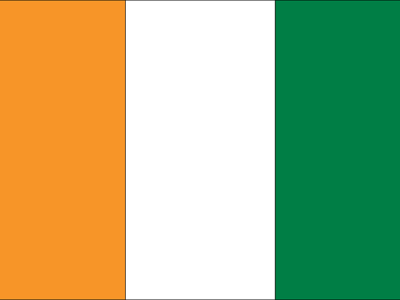
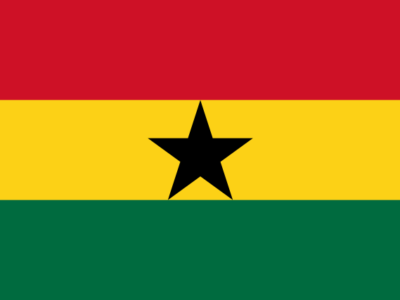
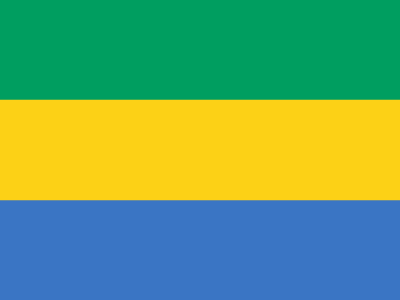
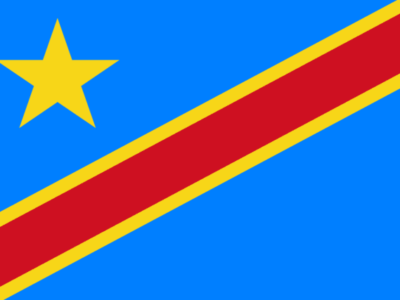
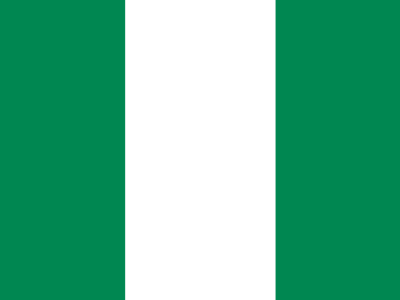
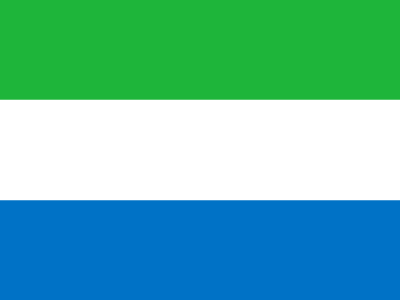
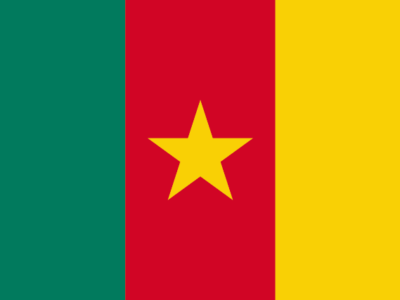
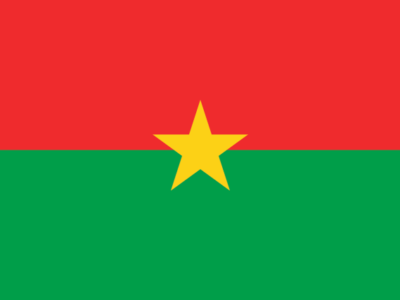
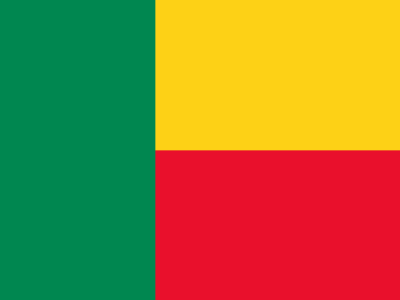
Add Comment